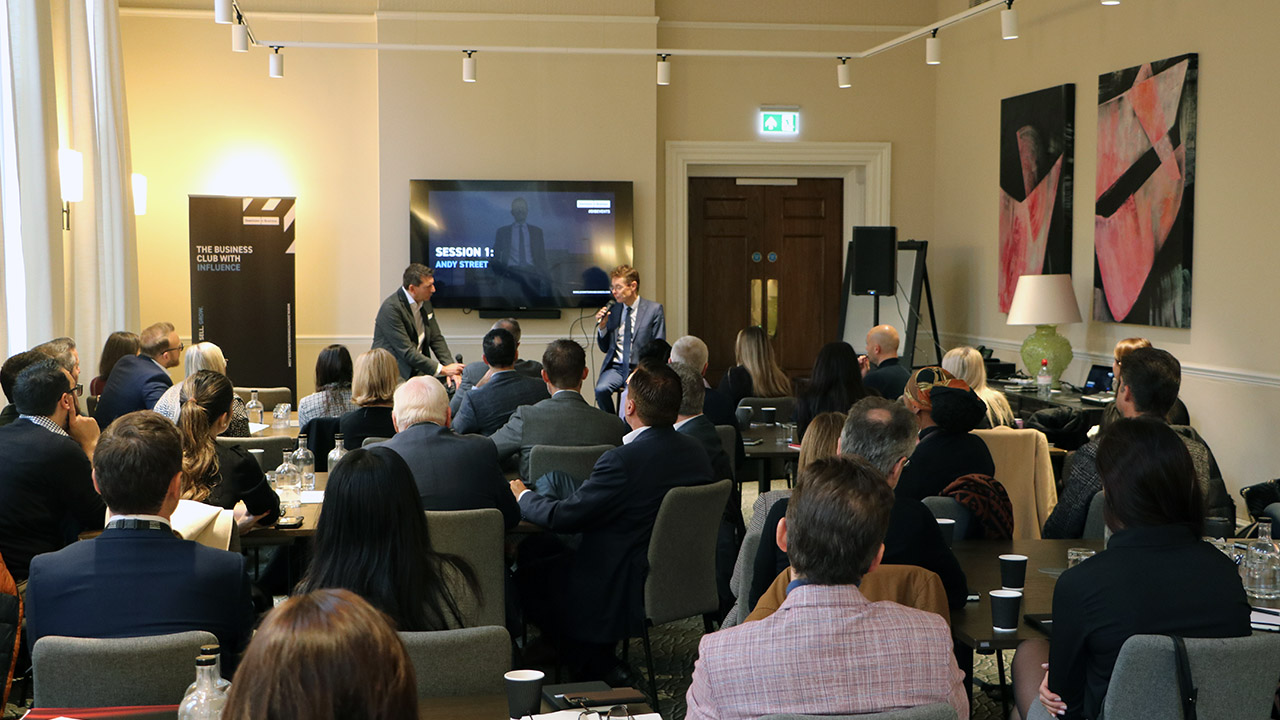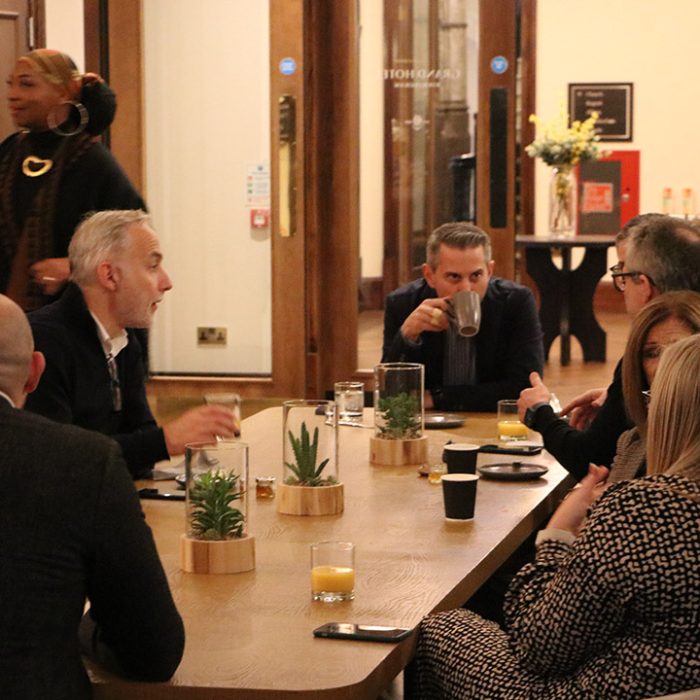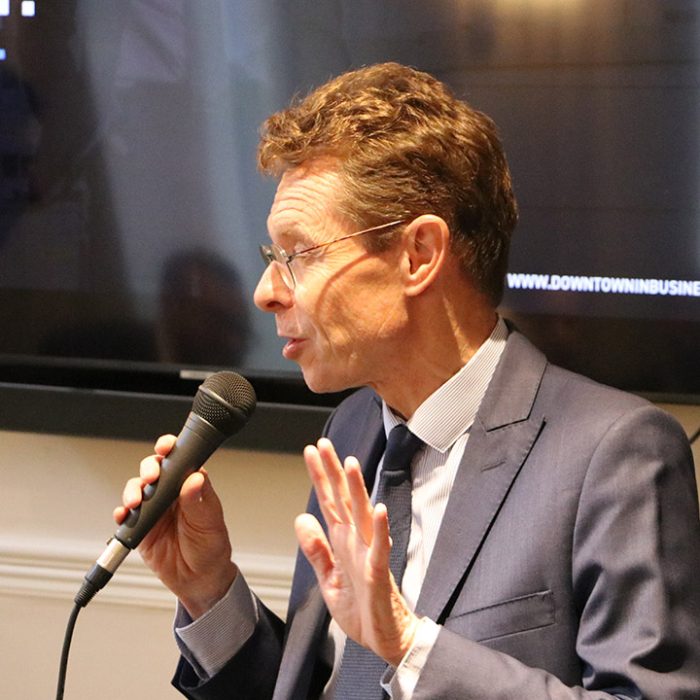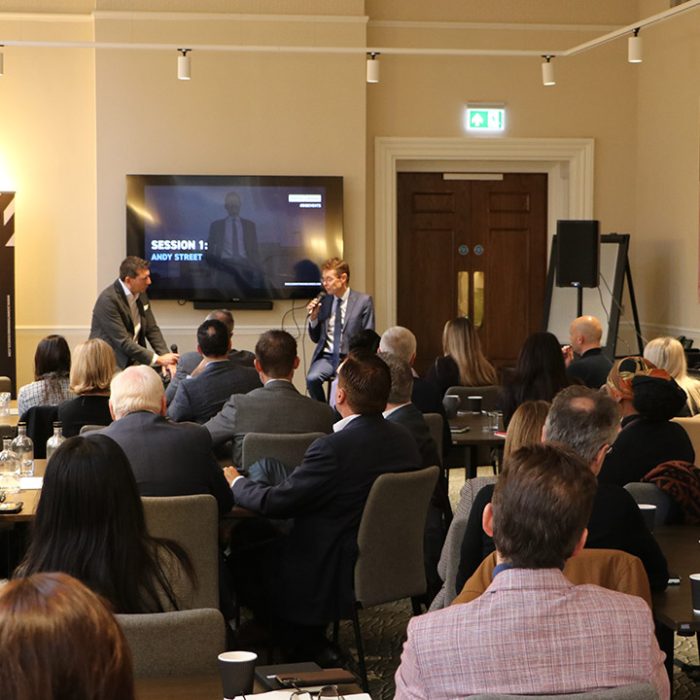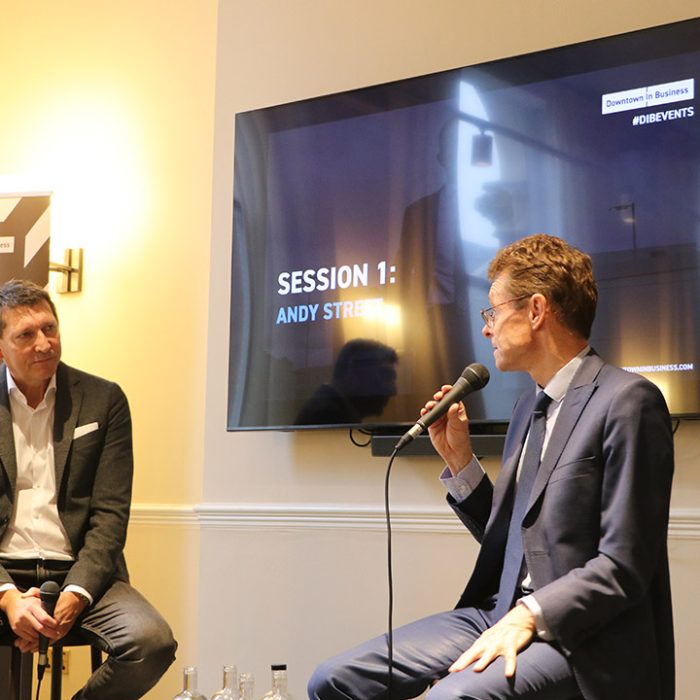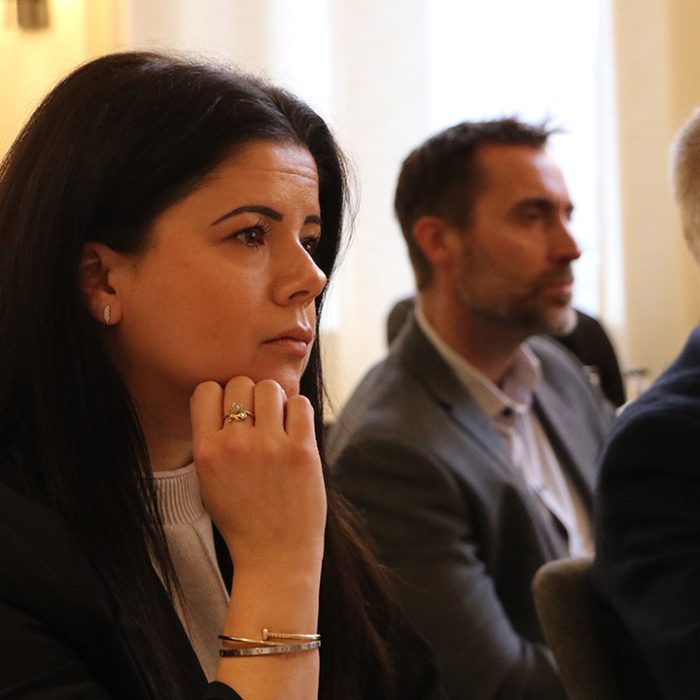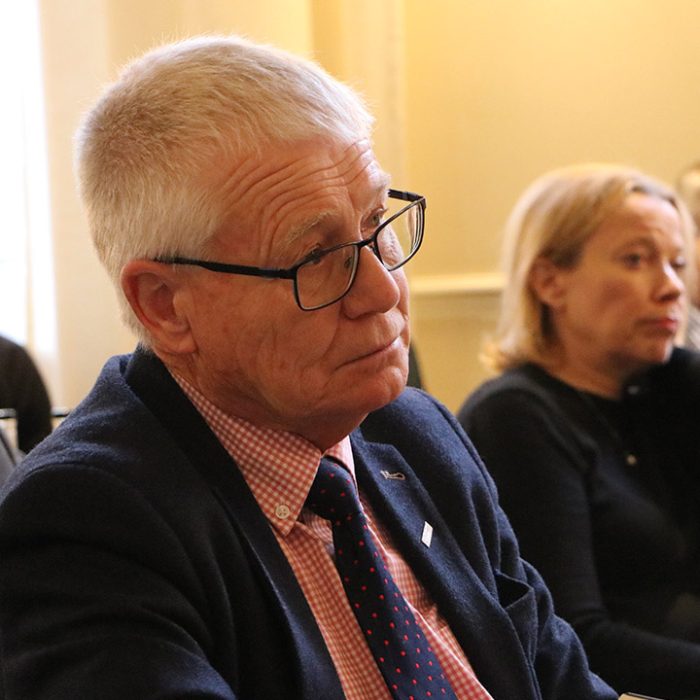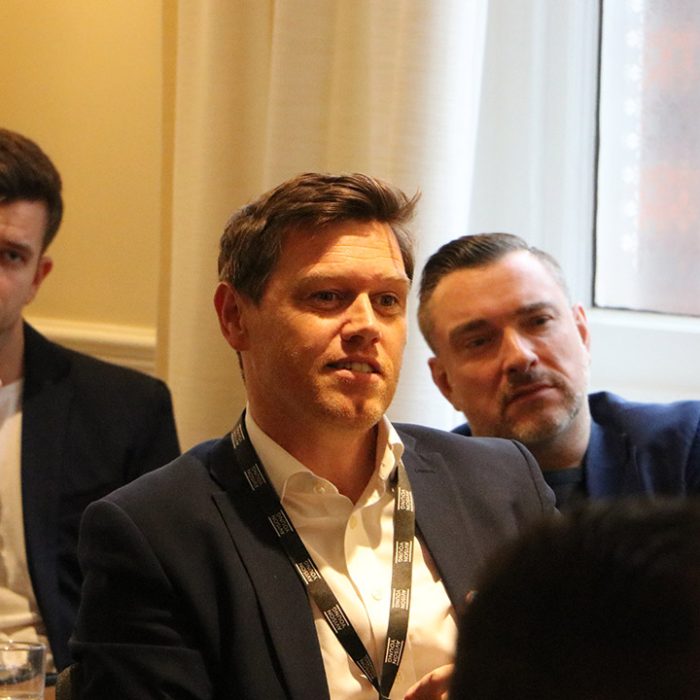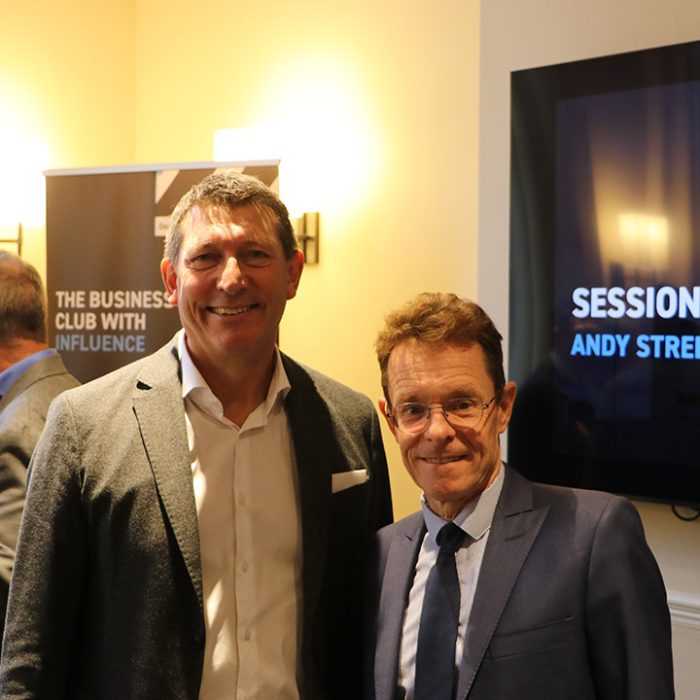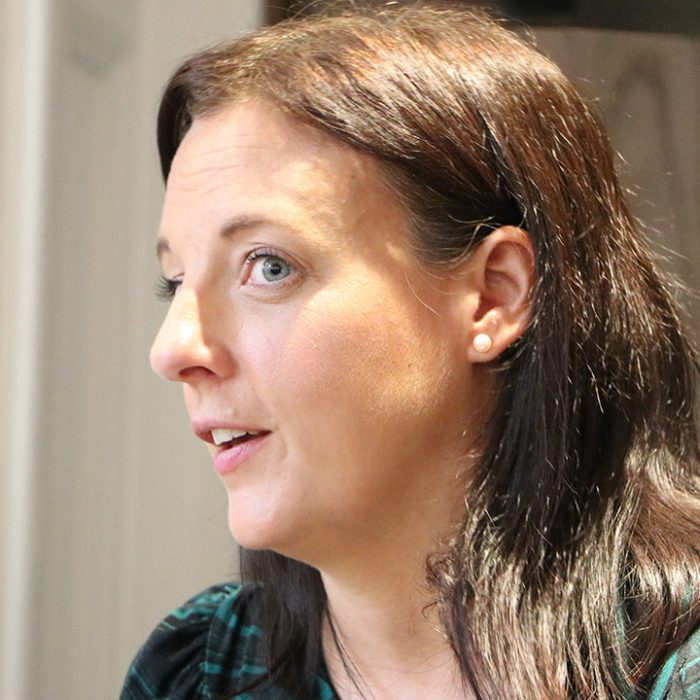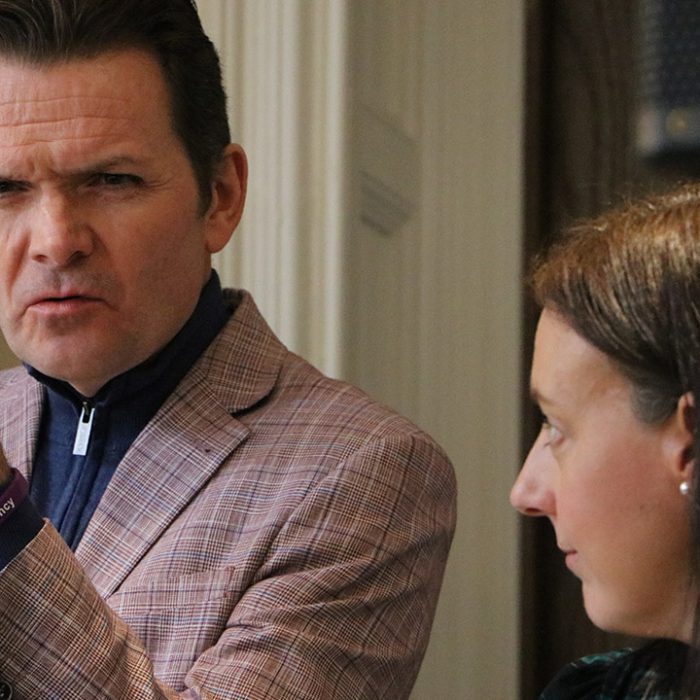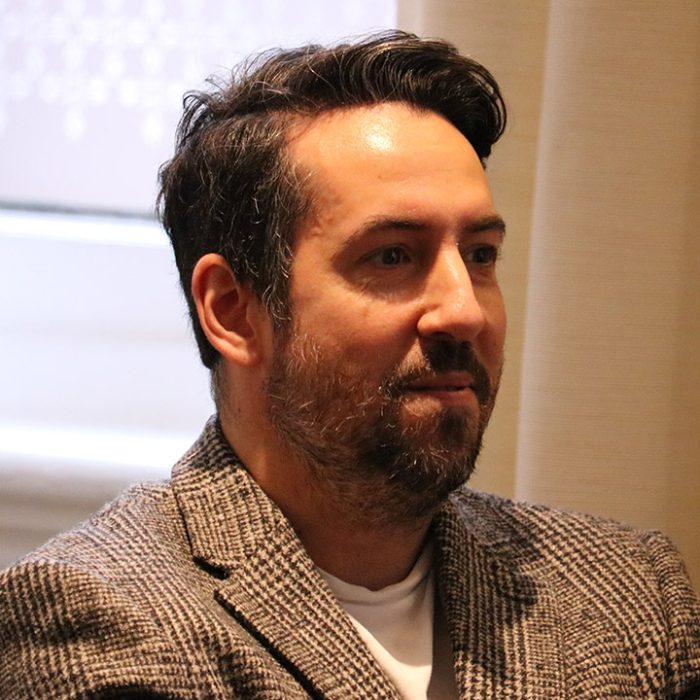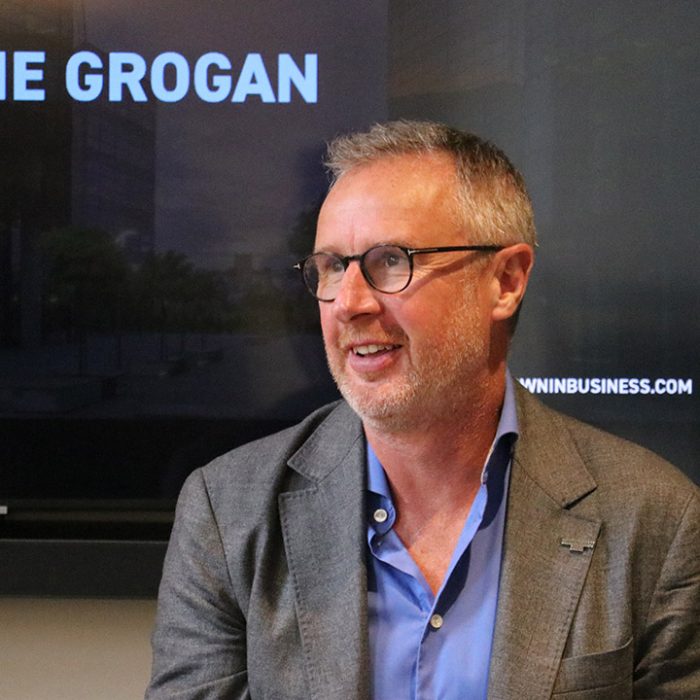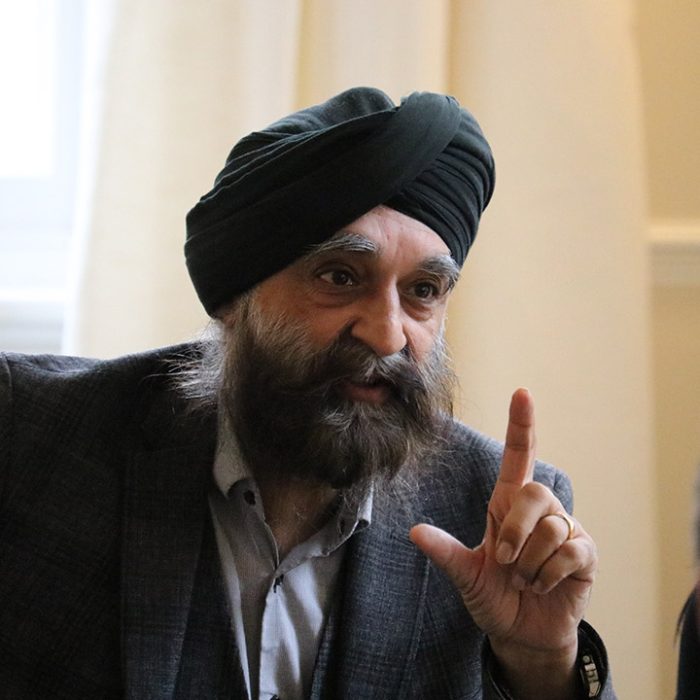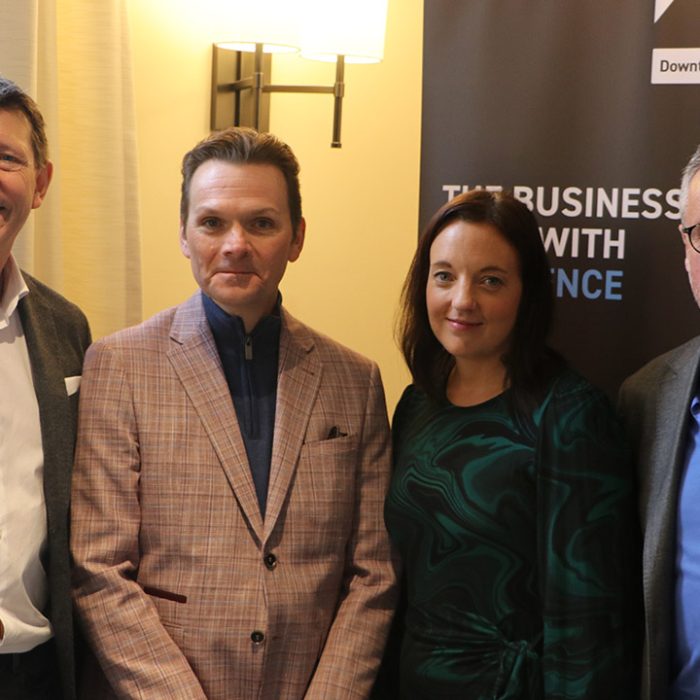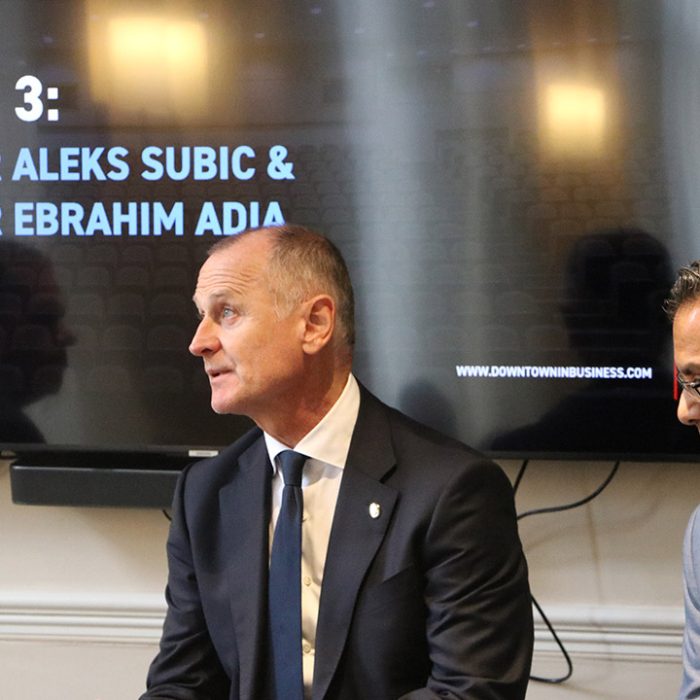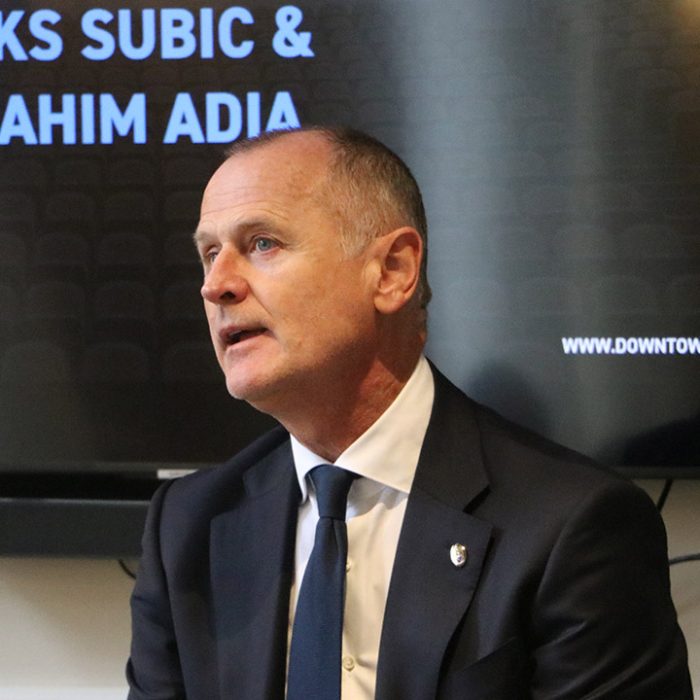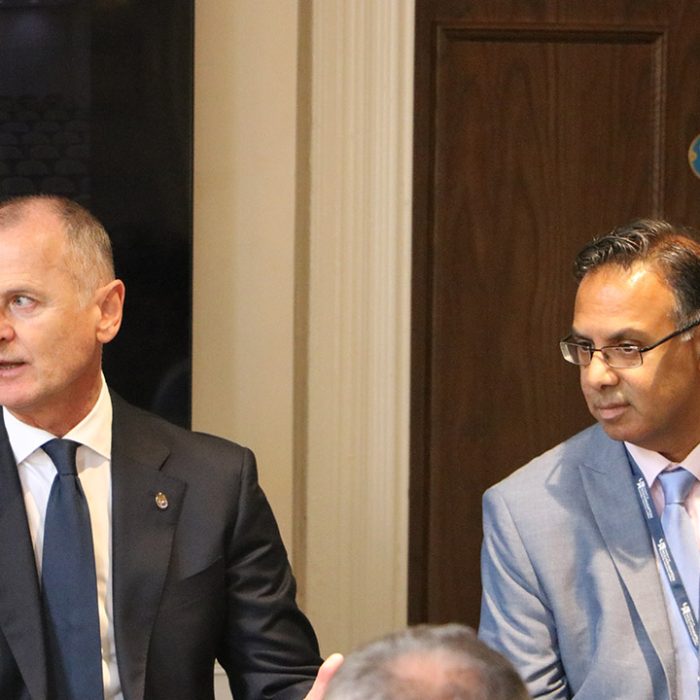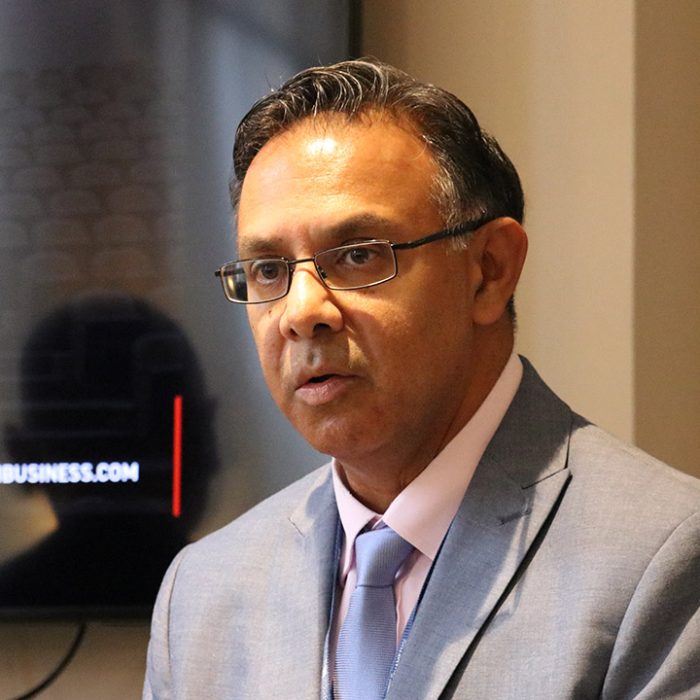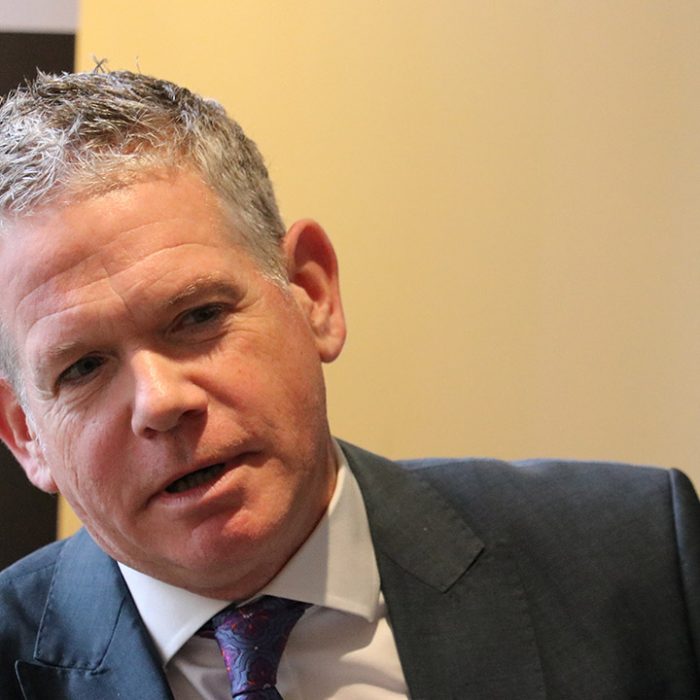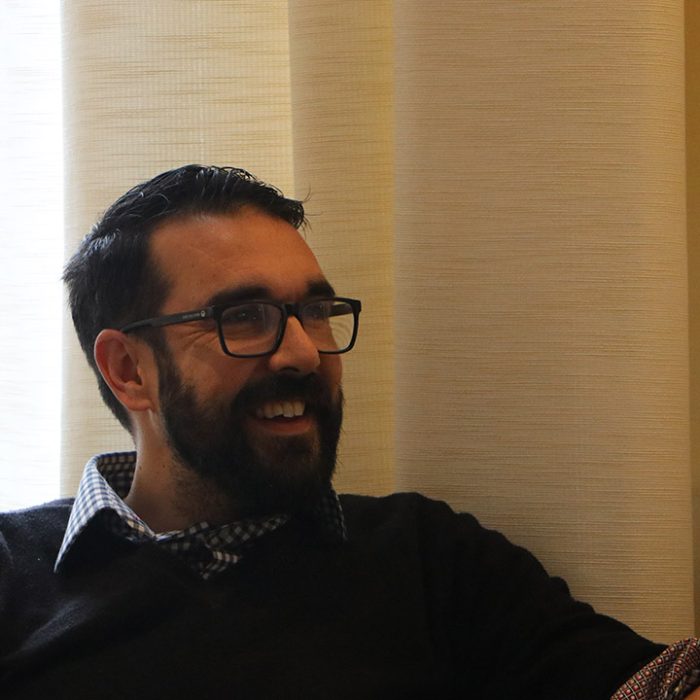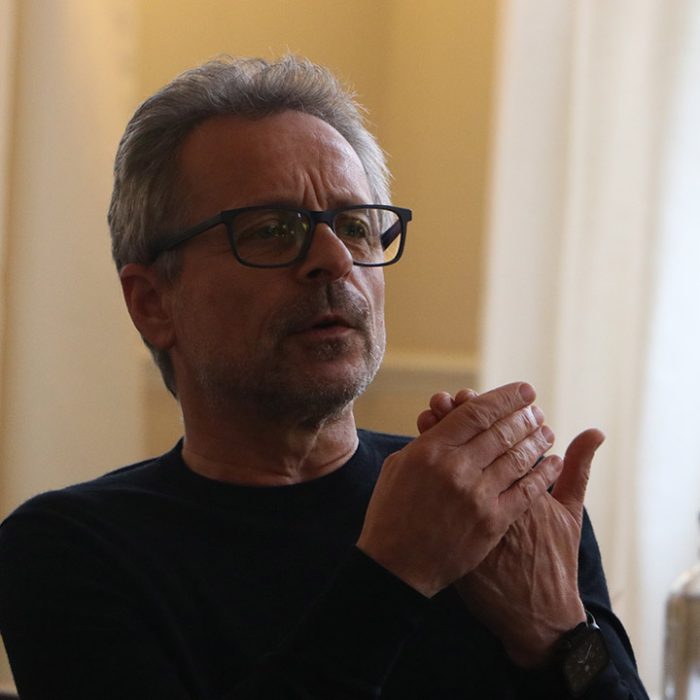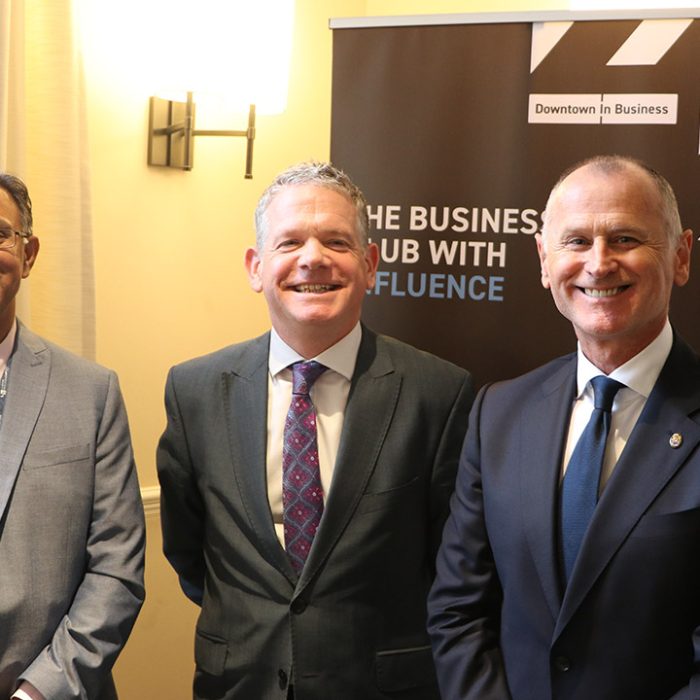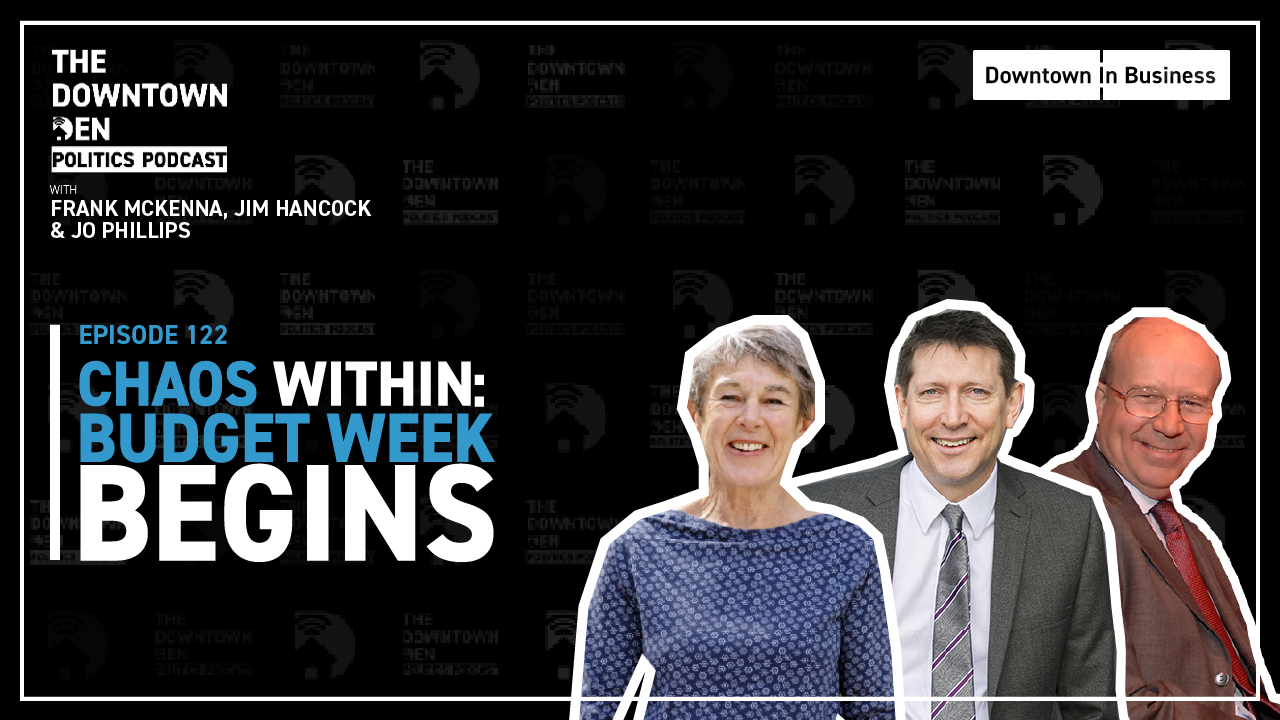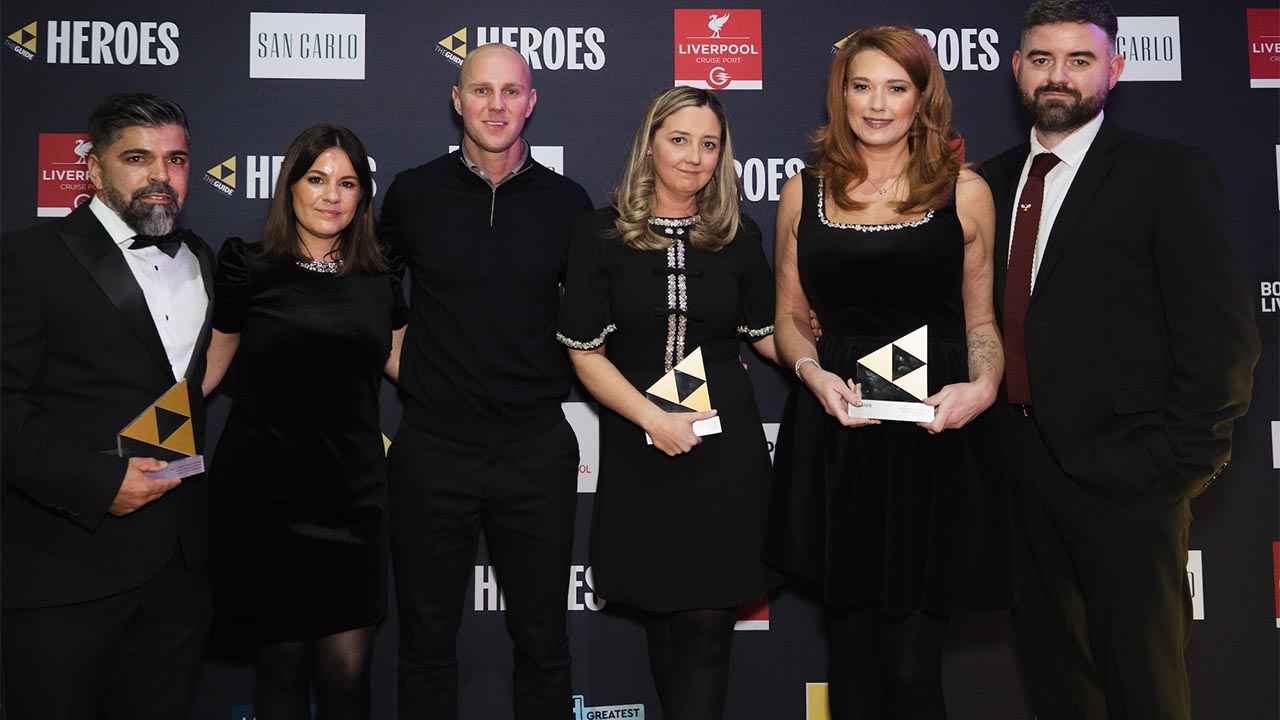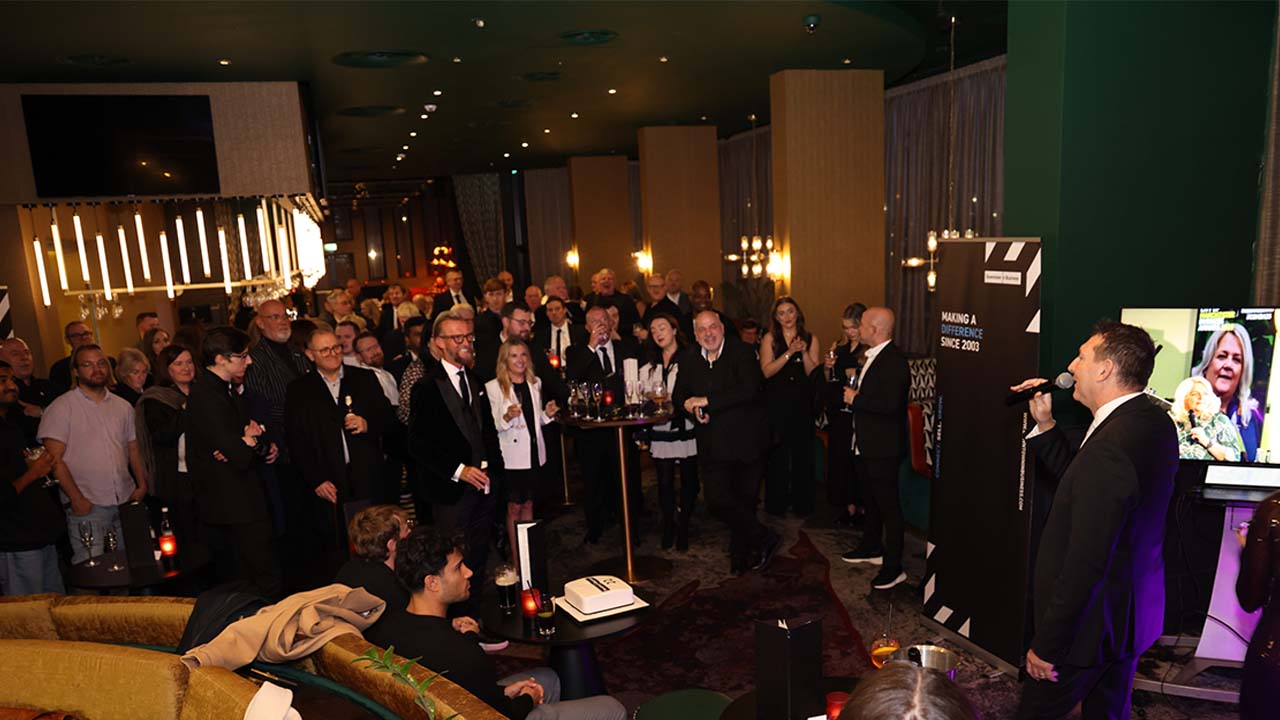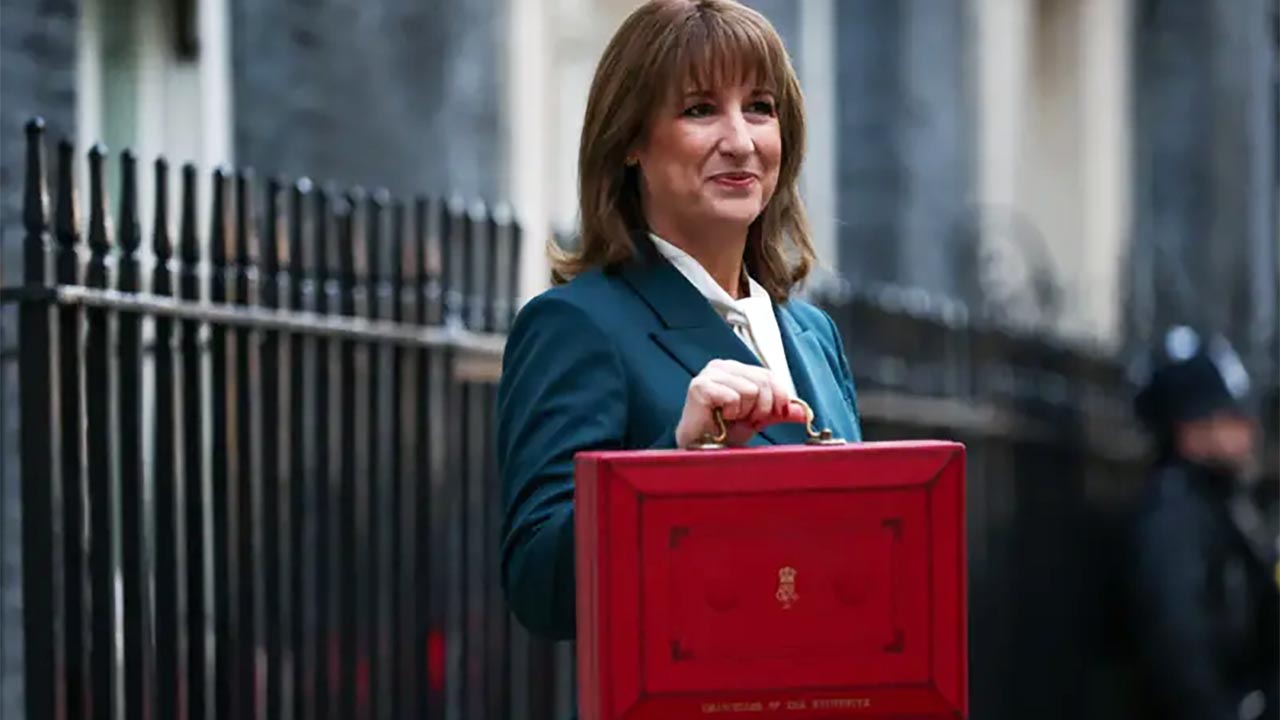Downtown Birmingham in Business welcomed seventy-five public and private sector leaders to the stunning Grand Hotel on Tuesday 24th October 2023 for its Change Makers Live Summit sponsored by Bruntwood-SciTech.
To kick off the half day conference, DIB CEO and Group Chair, Frank McKenna welcomed West Midlands Metro Mayor, Andy Street to the stage. In an open interview, Street reflected on the Conservative Party conference and his disappointment in the cancellation of HS2 further north past Birmingham but was pleased that the Euston leg would be completed and Washwood Heath would play a key role still.
He also highlighted that inflation wasn’t unique to the UK, yet other nations don’t stop, or press pause big infrastructure projects- they just deliver. This is something UK PLC needs to improve on.
When quizzed on planning reform and net zero, Andy commented that not everything is left to planning and the West Midlands performed better than most in delivering housing, whilst adding that the government thought should be giving local councils specific targets.
On the announcement of the rowing back on net zero targets, Andy stated that ‘’industry had almost gone past the tipping point’’ and JLR’s £250M into EV was proof of this. He also added that outside of mental health, the net zero agenda is key for the under thirties and this is why the region needs to be at the cutting edge of this agenda.
On inward investment and Birmingham City Council, Street highlighted that investment had increased by 48% and outside the capital, the region was performing the best. Acknowledging that Birmingham was the attack brand on the international stage, the recent 114 issued by Birmingham City Council was a cause for concern as it could create a ‘wobble’ in investors’ minds. It is important that the private sector continues to shout about the positive stories, with Street highlighting Birmingham Tech Week as a recent example.
Whilst Birmingham would be the recognisable brand internationally, Street advised that £20M additional monies had been put into the West Midlands Growth Company from the underspend of the Commonwealth Games and the trailblazer devolution deals would give help support the region, with further power in terms of decision making in terms of spending would we welcome from national government.
Finally, on touching on next May’s election, Street said that the mayoral model had been a force for good and in a time of political turmoil, it has brought a sense of stability.
The penultimate session was led by Rob Valentine, Bruntwood-SciTech, Maggie Grogan, Muse Developments and Simon Marks, Arcadis. They discussed a wide range of topics. Kicking off with universities, Valentine said that the UK had multiple universities ranked in the top 100 globally and this had never been utilised enough.
Grogan added that universities are more hierarchical than all other public sector agencies so they can’t just be ‘’lumped’’ in with the public sector. COVID created a crisis within the sector, which has made them reflect on what they were doing and cannot rely solely on student fees for income.
Marks added that he had previously asked Street what his best piece of business advise was and he quickly answered ‘’never waste a good crisis’’ and in terms of what is happening in FE sector and with Birmingham City Council, we can create so many opportunities.
Leadership was highlighted by all three panellists on being instrumental for the region and each city and university in the West Midlands needed to identify their key strengths and not compete. Yiannis Moas, founder of Birmingham Tech Week commented from the audience that this was already happening in the FE sector, and he was working collaboratively with them all.
On the recent announcement from Bruntwood-Sci-Tech, Valentine said they have pivoted to more a knowledge base economy and connecting regional economies in the UK was crucial with the triple helix model key to this adding “we must think globally.”
On the West Midlands it was highlighted that universities are a huge player in the macro-economics of the region with many of their capabilities not leveraged yet; and the combined authorities were playing an integral part, stating “they are really coming into their own.”
The final session of the day was chaired by Kevin Johnson of Urban Communications who interviewed the Vice Chancellors of Aston and Wolverhampton Universities, Alek Subic and Ebrahim Adia.
Subic highlighted the messaging around immigration in the UK was baffling and really damaging and emphasised the many benefits international students bring, not only to the university, but to the local eco system.
Adia said that social mobility makes a huge difference with seventy percent of their students being the first in their family to attend university. With both Adia and Subic agreeing that people who come from deprived communities who end up in skilled and well-paid jobs often have a good education in between, and the narrative around this needed to be better.
“Better paid jobs benefits everyone, from families to the wider local economy”
To wrap up, Johnson asked Adia, only three weeks into the job if he could highlight anything to the private sector, what would it be. Adia quickly answered “The Green Innovation Corridor is key to our university and will support the growth of new green industries, turbocharging economic prosperity and closing the productivity gap’.”
DIB Chief Executive and Group Chairman Frank McKenna said: “This was Downtown doing what it does best. Bringing senior decision makers and business leaders into a room to have a full and frank debate about the big issues affecting the economy. There was also plenty of time for people to network and connect, and I am sure that all of the delegates who attended ‘Change Makers Live West Midlands’ will have taken something away from the day.”
To book tickets for Change Makers Live 2024 CLICK HERE.

